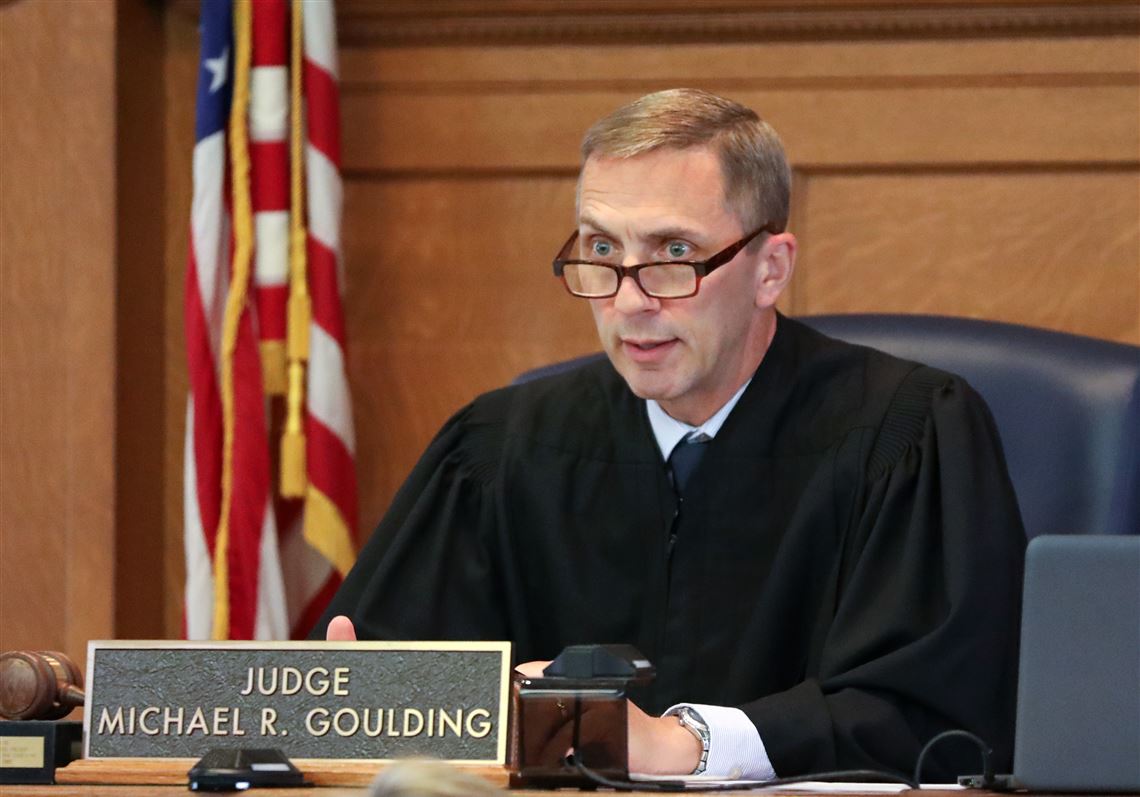Criminology Glossary
Amanda's Criminology Glossary
Hi, my name is Amanda Ruiz. I have been studying Social Science: The Individual for 2 years at Ahuntsic College. One of my favorite disciplines in Social Science is Criminology. Criminology is a scientific study of crime and criminals. This field of study is very interesting because you can learn and understand why certain criminals act out. This glossary is perfect for people who are going to be a future criminologist. Here are 34 terms that will be used in Criminology. This glossary contains images, definitions, pronunciations and examples to understand more the terms that you will hear and use in this field of study.
- accused
- noun
- A person or group of people who are charged with or on trial for a crime.
- Example: The accused was ordered to stand trial on a number of charges.
- en: accusé
- actus reus
- noun
- Action or conduct which is a constituent element of a crime, as opposed to the mental state of the accused.
- Example: In a trojan horse defense the defendant claims he did not commit the actus reus.
- en: actus reus
- alibi
- noun
- A claim or piece of evidence that one was elsewhere when an act, typically a criminal one, is alleged to have taken place.
- Example: A man is found dead in a park there are two suspects both of which claim to have an alibi which is backed up by others.
- en: alibi
- behaviour
- noun
- The way in which one acts or conducts oneself, especially toward others.
- Example: How serious is it when a child does not receive the correct parental attachment, is it possible that a lack of attachment can explain later adult behaviour such as delinquency?
- en: comportement
- case
- noun
- An incident or set of circumstances under police investigation.
- Example: The case of Ted Bundy is very famous serial killer in the USA.
- en: cas
- Cesare Lombroso
- noun
- An Italian sociologist. He was one of the key contributors to biological positivism and founded the Italian school of criminology.
- Example: Cesare Lombroso is "the father of criminology.".
- en: Cesare Lombroso

- cognition
- noun
- A judicial tribunal duly constituted for the hearing and determination of cases.
- Example: The cultural origins of human cognition.
- en: cognition
- convict
- verb
- Declare someone to be guilty of a criminal offense by the verdict of a jury or the decision of a judge in a court of law.
- Example: Three senior medical officials were convicted of criminal negligence and fraud and were sentenced to prison.
- en: condamner
- court
- noun
- A place where trials and other legal cases happen, or the people present in such a place, especially the officials and those deciding if someone is guilty.
- Example: You'll have to report to court tomorrow morning.
- en: tribunal

- crime
- noun
- An action or omission that constitutes an offense that may be prosecuted by the state and is punishable by law.
- Example: Here is Euripides himself pointing out that even the barbarians, these savage outsiders, would not commit such a crime against their own blood.
- en: crime
- criminal
- noun
- A person who has committed a crime.
- Example: This man killed an innocent woman. He's a criminal.
- en: criminel

- criminal record
- noun
- A list of a person's previous criminal convictions.
- Example: One time, after having 'taken drug,' he became confused, committed theft, and received a criminal record.
- en: dossier criminel
- deviance
- noun
- The fact or state of departing from usual or accepted standards, especially in social or sexual behavior.
- Example: The felon’s deviance and refusal to follow the law landed him in a jail cell again last weekend.
- en: déviance
- domestic violence
- noun
- Violent or aggressive behavior within the home, typically involving the violent abuse of a spouse or partner. The violence can be psychological, verbal or physical.
- Example: This man was apprehended for domestic violence. He physically and psychologically hurt his wife.
- en: violence domestique

- estoppel
- noun
- The principle which precludes a person from asserting something contrary to what is implied by a previous action or statement of that person or by a previous pertinent judicial determination.
- Example: The purpose of equitable estoppel is to prevent the unconscionable exercise of legal rights.
- en: préclusion
- evidence
- noun
- The available body of facts or information indicating whether a belief or proposition is true or valid.
- Example: The jury had a great deal of evidence to sort through before reaching a verdict.
- en: preuve

- forensic
- noun
- Scientific tests or techniques used in connection with the detection of crime.
- Example: Once the forensics had been completed, the detectives entered the crime scene.
- en: police scientifique

- homicide
- noun
- The deliberate and unlawful killing of one person by another; murder.
- Example: It was also alleged that the detective particularly wished for Mayes to be convicted in order to provide information on an unrelated homicide.
- en: homicide
- illegal
- noun
- Contrary to or forbidden by law, especially criminal law.
- Example: It is illegal to sell alcohol to children.
- en: illégal
- incarceration
- noun
- The state of being confined in prison; imprisonment.
- Example: This sentence, after a month's incarceration, was also commuted.
- en: incarcération

- judge
- noun
- A public official appointed to decide cases in a court of law.
- Example: She's one of the strictest judges in the state.
- en: juge

- larceny
- noun
- Theft of personal property.
- Example: He was arrested and charged with larceny.
- en: vol
- law
- noun
- The system of rules which a particular country or community recognizes as regulating the actions of its members and which it may enforce by the imposition of penalties.
- Example: When there is a homicide, there is a law about first degree murder or second degree murder.
- en: loi
- mental disorder
- noun
- Mental disorders or mental illnesses are conditions that affect your thinking, feeling, mood, and behavior
- Example: A psychosocial disorder is a mental illness caused or influenced by life experiences, as well as maladjusted cognitive and behavioral processes.
- en: maladie mentale
- motive
- noun
- A reason for doing something, especially one that is hidden or not obvious.
- Example: There was a practical motive for using this weapon.
- en: motif
- narcotics
- noun
- A drug or other substance that affects mood or behavior and is consumed for nonmedical purposes, especially one sold illegally.
- Example: Other sedative or narcotic agents may also be used.
- en: narcotiques

- penology
- noun
- The study of the punishment of crime and of prison management.
- Example: It condemned torture and the death penalty and was a founding work in the field of penology.
- en: pénologie
- psychology
- psychology
- The scientific study of the human mind and its functions, especially those affecting behavior in a given context.
- Example: The professor is a specialist of studying a criminal's psychology.
- en: psychologie
- social
- noun
- An informal social gathering, especially one organized by the members of a particular club or group.
- Example: If we accept the notion that knowledge is not "objective" but it varies according to interpretation, so is social research.
- en: social
- sociology
- noun
- The study of the development, structure, and functioning of human society.
- Example: For Durkheim, comparison was the most important method of analysis in sociology.
- en: sociologie
- suspect
- noun
- A person thought to be guilty of a crime or offense.
- Example: All these cases, however, were resolved by eliciting confessions from the suspects after confronting them with the evidence.
- en: suspect

- terrorism
- noun
- The unlawful use of violence and intimidation, especially against civilians, in the pursuit of political aims.
- Example: They have been arrested for acts of terrorism.
- en: terrorisme
- trauma
- noun
- A deeply distressing or disturbing experience.
- Example: In a bid to escape the mental torture and trauma they were in, four prisoners reacted by breaking down emotionally.
- en: traumatisme
- victimology
- noun
- The study of the victims of crime and the psychological effects on them of their experience.
- Example: There Daniel was to do pioneering work on victimology, exploring the psychodynamics between offender and victim.
- en: victimologie